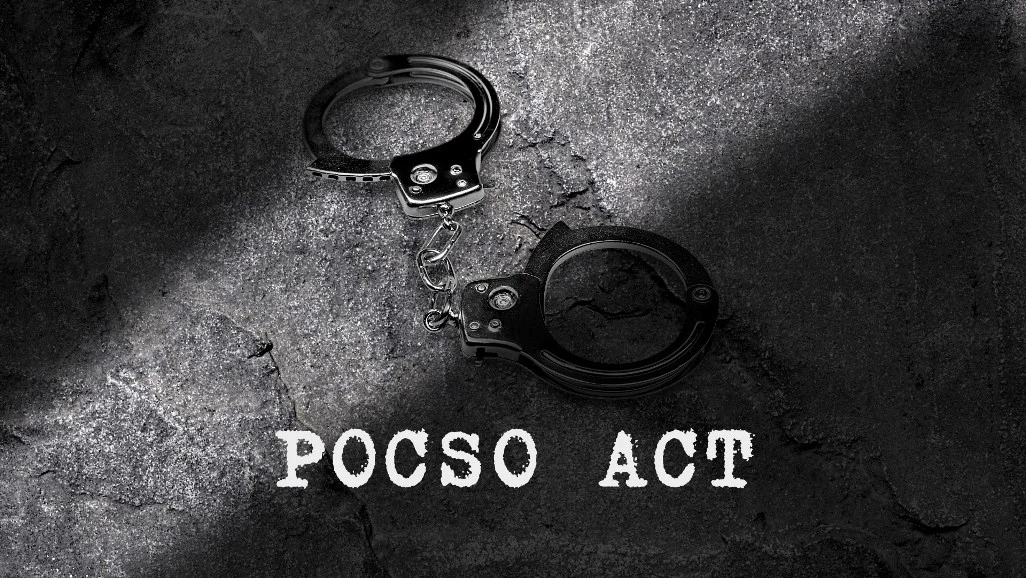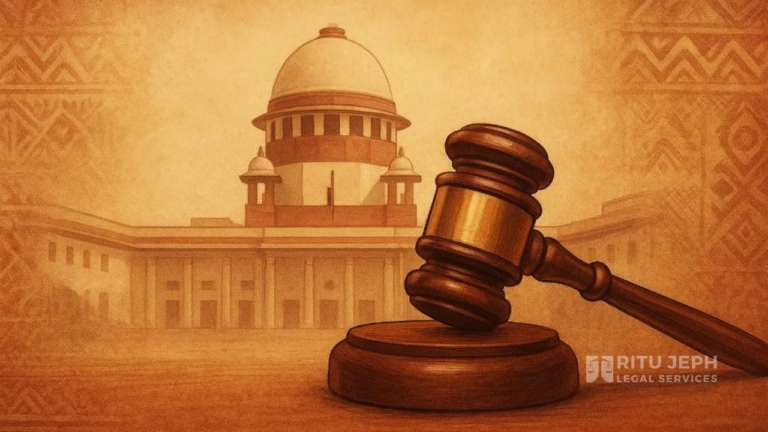Book Appointment Now

Understanding India’s POCSO Act: A Crucial Legislation for Law Students
POCSO Act provides crucial protection to children from sexual offenses, and as law students, we must understand and ensure its effective implementation for safeguarding children's rights.
The Protection of Children from Sexual Offenses Act (POCSO Act), enacted by the Indian government in 2012, represents a critical legislative effort to safeguard children from sexual abuse and exploitation. Designed with the best interests of children in mind, the act aims to provide a robust legal framework to combat offenses involving sexual violence against minors. This comprehensive legislation is essential for law students, legal professionals, and the general public to understand, as it plays a vital role in ensuring justice and protection for vulnerable children.
Key Provisions of the POCSO Act
The POCSO Act defines various sexual offenses against children and prescribes stringent penalties for those found guilty. The act categorizes sexual offenses into penetrative and non-penetrative types:
- Penetrative Sexual Assault: This includes offenses such as rape, sodomy, and penetration with objects. The punishment for these offenses ranges from a minimum of seven years to life imprisonment, depending on the severity of the crime.
- Non-Penetrative Sexual Assault: This category includes offenses like sexual harassment, stalking, and making sexually explicit material available to a child. Penalties for these offenses can range from three to five years of imprisonment.
ALSO READ: Understanding India’s Proposed Criminal Law Reforms: A Comprehensive Overview
Reporting, Investigation, and Prosecution
The POCSO Act outlines specific procedures for reporting, investigating, and prosecuting sexual offenses against children. It mandates that all cases be reported to the police, and any failure to do so can lead to legal consequences for those aware of the abuse. The act emphasizes the importance of child-friendly reporting procedures to ensure that victims are not further traumatized during the process.
The act also provides for the establishment of Special Courts to expedite the trial of these cases. These courts are designed to handle cases related to sexual offenses against children, ensuring that trials are conducted promptly and with sensitivity to the needs of child victims. The proceedings are required to be child-friendly, minimizing any potential trauma for the victims.
Care and Rehabilitation
Recognizing the psychological and emotional impact of sexual abuse on children, the POCSO Act includes provisions for the care and rehabilitation of child victims. It mandates the establishment of support systems, including counseling and rehabilitation services, to help victims recover and reintegrate into society.
Recent Developments
In recent years, there have been several amendments and developments related to the POCSO Act aimed at strengthening its provisions. One significant amendment in 2019 increased the severity of punishments for certain offenses, including the introduction of the death penalty for cases of aggravated penetrative sexual assault.
Additionally, the National Commission for Protection of Child Rights (NCPCR) and other child protection agencies have been actively involved in raising awareness about the POCSO Act and conducting training sessions for law enforcement and judicial personnel. These initiatives aim to improve the implementation of the act and ensure that justice is served effectively.
Challenges and Criticisms
Despite its comprehensive framework, the POCSO Act faces several challenges in implementation. One major issue is the underreporting of cases due to societal stigma and fear of retribution. Many victims and their families are reluctant to come forward, which hinders the effectiveness of the act.
Another challenge is the lack of awareness about the act’s provisions among law enforcement officers, educators, and the general public. Training and sensitization programs are essential to address these gaps and ensure that the act is implemented effectively.
ALSO READ: Understanding Section 354A of the Indian Penal Code: A Comprehensive Guide to Combat Sexual Harassment
Institutional Responsibilities
Under the POCSO Act, every school, institution, or facility that engages with children must conduct background checks on their employees and establish a grievance redressal mechanism. This ensures that children are protected from potential perpetrators and that any instances of abuse are dealt with appropriately. The act mandates periodic training and sensitization workshops for staff members to maintain a safe environment for children.
The Role of Law Students and Legal Professionals
For law students and legal professionals, understanding the intricacies of the POCSO Act is crucial to ensuring its effective implementation. By gaining a comprehensive knowledge of the act’s provisions, they can contribute to creating a safer environment for children and advocate for victims’ rights. Legal professionals play a vital role in interpreting the act, representing victims, and ensuring that justice is served.
Conclusion
The Protection of Children from Sexual Offenses Act is a landmark piece of legislation that provides comprehensive protection to children from sexual offenses. As law students and legal practitioners, it is our responsibility to understand the nuances of the act and ensure its effective implementation. By doing so, we can contribute to creating a safer environment for our future generations and uphold the rights and dignity of children.
To deepen your understanding of legal concepts, Indian Acts, and other related topics, explore our featured articles and blogs for valuable insights and information. Stay informed about recent developments and actively participate in discussions and initiatives aimed at safeguarding children’s rights.



